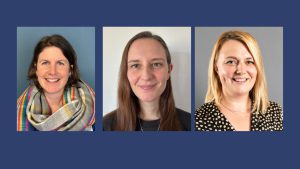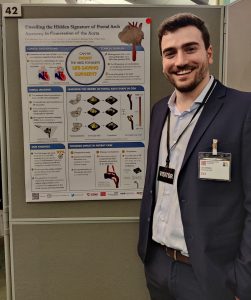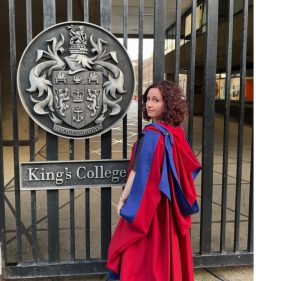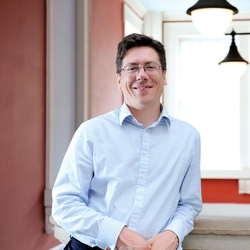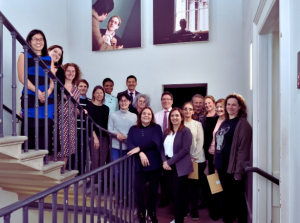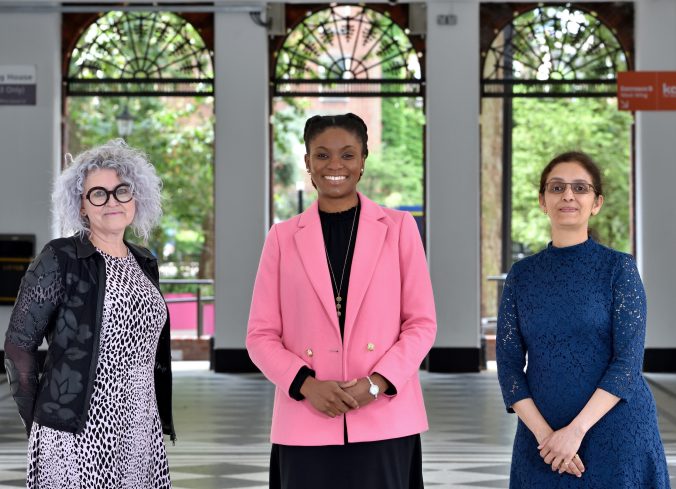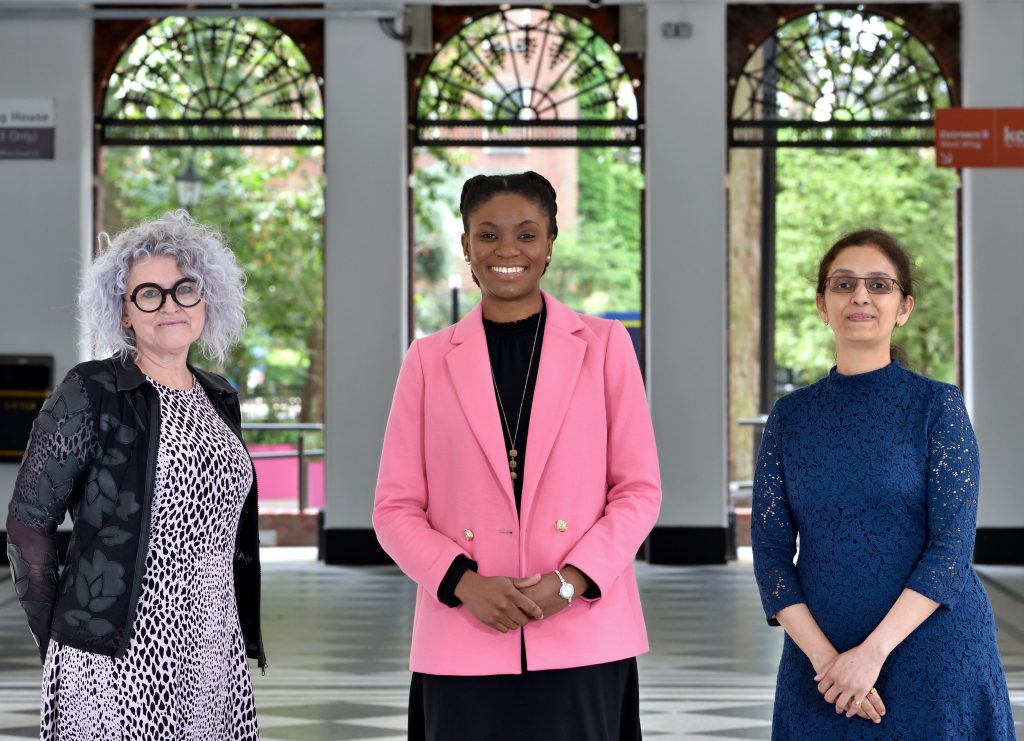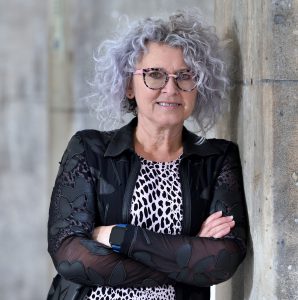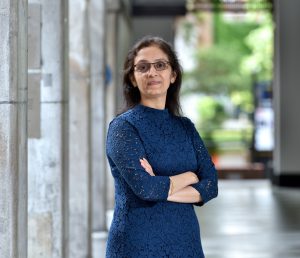By King’s Careers & Employability, Careers Consultants for Researchers Team
Leadership isn’t just for people with “manager” in their job title – it’s a vital capability for anyone who wants to make their ideas a reality. For researchers, leadership is about influence, direction, and the ability to bring people and projects together to achieve impact, whether this is in or beyond academia. It also clearly demonstrates the ability to take the initiative, be innovative, take responsibility and influence others. At the end of this article we have provided a few opportunities to build your leadership skills at King’s.
Why develop leadership skills?
Research increasingly depends on collaboration, whether in interdisciplinary projects, supervising students, coordinating with industry or policy partners and to secure research funding. Strong leadership helps you motivate others, make sound decisions, and communicate a clear vision – qualities that shape not only successful research teams but also resilient, innovative careers more broadly.
In many fellowship applications this is reflected in the narrative CV under the heading that is usually something like ‘Development of others and maintenance of effective working relationships’ where you can demonstrate your research leadership capability through leading a team, collaborators, partnerships and/or networks.
Leadership is one of the most frequently mentioned skills in UK job adverts and came under the broader cluster of ‘strategic management and governance’ as found by research led by Imperial that analysed over 65 million UK job adverts. The World Economic Forum lists leadership and social influence among the fastest-growing skills across all sectors which is no surprise when you consider that this is probably the most important skill for employees dealing with and supporting others with change. Whether you aim for a lectureship, a policy post, or an R&D role in industry, developing leadership skills makes you more adaptable and employable.
What’s the benefit?
Leadership skills translate directly into effectiveness at work: you’ll manage time and resources better, foster inclusive collaboration, and be able to guide teams through uncertainty – a daily reality in the current workplace. They also enhance your confidence in influencing upwards (for example, when negotiating project scope or impact) and sideways (when coordinating across disciplines or institutions).
Crucially, leadership development supports wellbeing. Knowing how to delegate, give feedback, and handle conflict has been linked to reducing burnout and creating healthier research and work cultures.
How can I develop leadership skills?
- Start small: Lead a project meeting, coordinate a reading group, or supervise an undergraduate project. Every opportunity to guide others builds experience.
- Seek feedback: Ask colleagues and supervisors for feedback on your communication and decision-making style.
- Learn formally: King’s offers short courses including research leadership and project management and you also have access to LinkedIn Learning
- Observe and reflect: Notice how effective leaders around you handle challenges and motivation.
- Look beyond academia: Volunteering, community projects, meaningful work experience opportunities and entrepreneurship all provide ways to practise leadership.
Leadership is often one of the skills that is most highly rated by academia and industry for your future roles yet it is seldom formally taught during a PhD. Our recent ‘Careers in your Ears’ podcast episode with Dr. Matthew Betts talks about exactly this and recommends being proactive and speaking to your supervisors or other academics about the kind of leadership skills that are required.
Acquiring leadership skills is something you can do to prepare for your next career stage and you may also discover new interests and connections along the way.
Leadership development opportunities at King’s include:
- King’s Careers & Employability’s Insights Programme: three week virtual consultancy project
- King’s Entrepreneurship Institute: training and development opportunities for doctoral researchers
- King’s Doctoral College: variety of training opportunities including “The Leading Researcher: What is your leadership style and how can you enhance your influence?” Friday 12 December, 09:30-12:45, online – Visit SkillsForge (PGR323) to find out more and to book your place.
- King’s Doctoral College Community Wellbeing Fund: bid for funding and lead your own project to build your doctoral community
- KDSA: There are a couple of roles remaining for doctoral representatives on the King’s Doctoral Student Association including: part-time PGRs, healthcare professionals, NMES faculty, KBS faculty, Guys campus, Francis Crick. Email kdsa@kclsu.org if interested.
Find out more about our careers support for researchers at King’s including our podcast Careers in Your Ears, one-to-one appointments, online resources and a variety of workshops and events.

